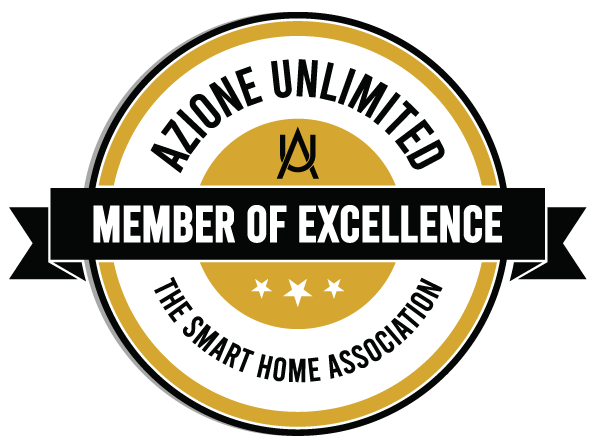How to Protect Your Home from a Cyberattack
See Also: HOME NETWORK INSTALLATION: DIY OR PROFESSIONAL UPGRADE
UNDERSTANDING THE RISK
While staying vigilant in the face of a potential threat is important, it's also important to know how a cyber attack could potentially affect you and your lifestyle. As we've mentioned above, attacks on homes are rare, but it's essential to protect yourself anyway.
Recently, two men, from the US and UK respectively, were charged with committing a series of denial of service (DDoS) attacks on parts of Los Angeles and London. Their crimes ended up shutting down schools and businesses in both major cities, as well as impacting LAX.
According to Cyberscoop:
“Threats allegedly made by the men closed hundreds of schools in the United States and United Kingdom, according to the indictment, using email addresses that spoofed other entities, including the Mayor of London, to lend legitimacy to the threats.”
Those are scary crimes, so you can understand the importance of protecting your home network. However, there’s no reason to panic. In fact, there are plenty of easy ways that you can start guarding your home against potentially malicious attacks. Keep reading to find out some simple tips for safety.
SIMPLE STEPS TO PROTECTING YOUR HOME
While residential attacks are not very common, they are potentially dangerous. Here, you’ll find easy ways to keep your system safe:
Password Protections: Perhaps the most obvious way to stay safe, adding a password to your network will make it harder to penetrate. In fact, you probably already have one! Best practice is to make sure you’ve changed it from the manufacturer-provided one and make it unique enough that it won’t be easy to guess. You don’t have to add a lot of symbols and case-sensitive letters, but you should avoid common things like birthdays and pet names.
Virtual Private Network: A VPN is designed to extend your private network across a public network so that you can connect directly to your home without the risk of potential harm. Typically, VPNs are used for business, but you can still benefit when communicating and sharing info amongst your family.
Firewall: A firewall is a program that blocks outside malicious programs from entering your system. It’s the first line of defense against potential threats.
Anti-virus Protection: A virus is a program that self-replicates until it constricts your system to death. Other types of malware can allow users to spy on you, steal information, or control your devices remotely. Thankfully, there's plenty of excellent anti-virus software that will identify and quarantine any threats before they become dangerous.
Of course, the easiest way to keep your network and property safe is by consulting an expert. If you’re looking to upgrade your system, work with a company with an established reputation, trusted partners, and reliable service.
Click here to get started and protect your home from future threats.
When you subscribe to the blog, we will send you an e-mail when there are new updates on the site so you wouldn't miss them.














